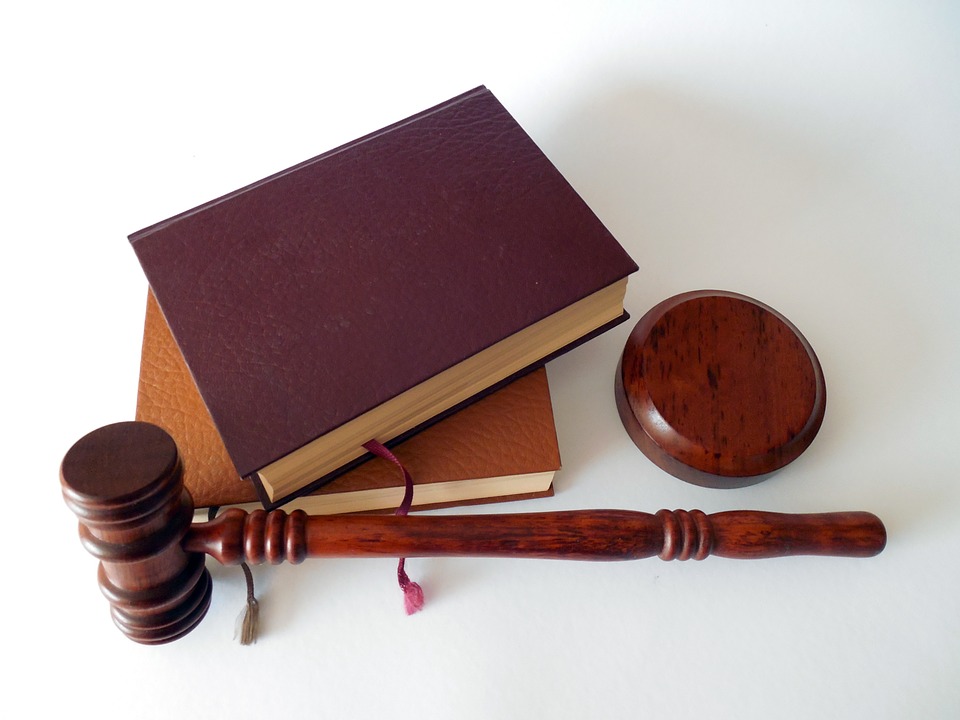A federal appeals court on Friday held that the exclusion of a Catholic school student from a Vermont program for some high school students to dual-enroll in college courses at public expense is likely unconstitutional under recent U.S. Supreme Court rulings on the free exercise of religion.
A panel of the U.S. Court of Appeals for the 2nd Circuit, in New York City, unanimously overturned a federal district court judge and held that a student at Rice Memorial High School, part of the Roman Catholic Diocese of Burlington, Vt., merited a preliminary injunction blocking the exclusion of religious school students from the Dual Enrollment Program.
The student, identified in court papers as A.H., lives in South Hero, Vt., one of many communities in the state that does not operate a public high school and instead allows parents to send their children to private schools under the long-standing Vermont practice of “tuitioning.”
In litigation going back more than 20 years, courts have ruled that the Vermont Constitution’s clause barring compelled support of religion imposes limits on whether public funds may be used to pay tuition of students attending religious schools.
When A.H. sought to attend two science courses at the University of Vermont, her public school district denied her application for the Dual Enrollment Program.
A.H. and her parents, along with Rice Memorial High School, challenged the exclusion of religious school students under the First Amendment’s free exercise of religion clause. Last March, a federal district court denied the plaintiffs’ request for a preliminary injunction and said they were unlikely to succeed on the merits of their claims.
After Trinity Lutheran and Espinoza, [A.H. and the school] have a clear likelihood of success on the merits of their as-applied First Amendment claim,” the 2nd Circuit court said. “The record on this appeal plainly evidences religious discrimination. In the seven years since the DEP was enacted, no religious schools nor any of their students have ever been approved to participate.”
The decision was unanimous by two members of a three-member panel that heard arguments in the case.
“Vermont officials can’t treat people of faith as second-class citizens by excluding them from generally available public benefits,” said Alliance Defending Freedom Legal Counsel Jake Warner.
“When the government allows same-district students from public schools, secular private schools, and homeschools to participate in its dual enrollment program but excludes only students from religious private schools, it discriminates against religious students. Today’s decision levels the playing field by ensuring that Vermont parents and students who have chosen a faith-based education can enjoy the same publicly available opportunities as their neighbors.”






